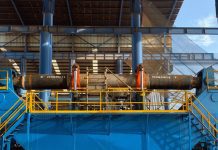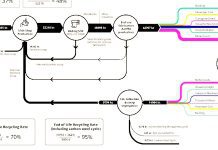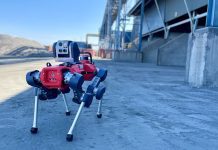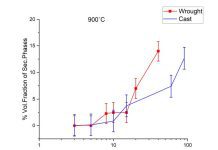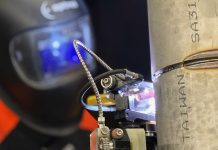Text and images courtesy of Kingsbury
Decommissioning legacy nuclear waste silos on a former UK power generating site at Sellafield requires a large number of bins to be machined to close geometrical tolerances to ensure safe stacking. They are 3m3 double-walled, box fabrications that are highly resonant and, to make their production even more difficult, they are made from 6 mm thick Duplex stainless steel plate that induces vibrations when milled.
The problem

One of the firms leading the Sellafield decommissioning work, Stillington-based Darchem Engineering, had been taking delivery of machined bins from contract machinists BEL Engineering in Newcastle-upon-Tyne since 2017. The problem was, in the words of CEO Jonathan Lamb, “We wanted to increase productivity but realised that further improvements to the machining process were impossible using conventional machinery and fixturing.”
“When we tried to raise the speed of machining, chatter resulted and it was difficult to hold tolerance. So we engaged with Kingsbury to develop an entirely new machining concept
in respect of both workholding and metalcutting to improve cycle time and hence increase production rate and reduce cost.”



